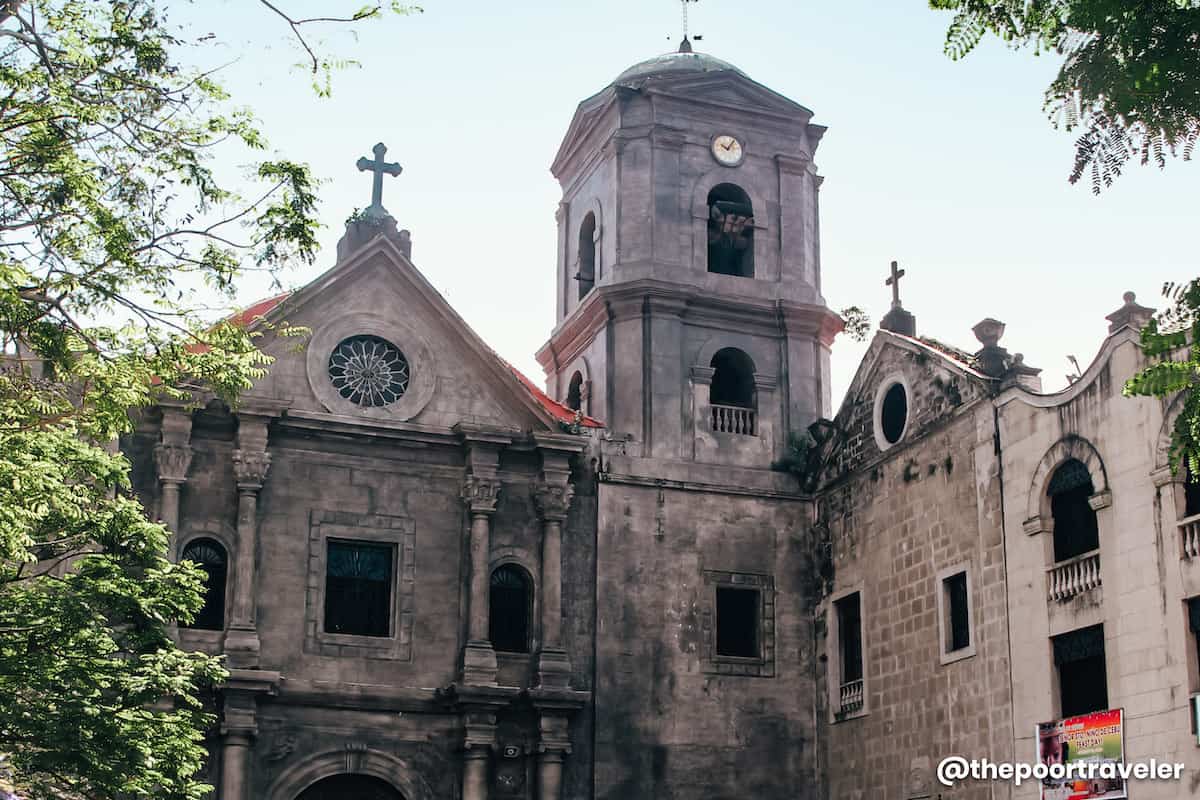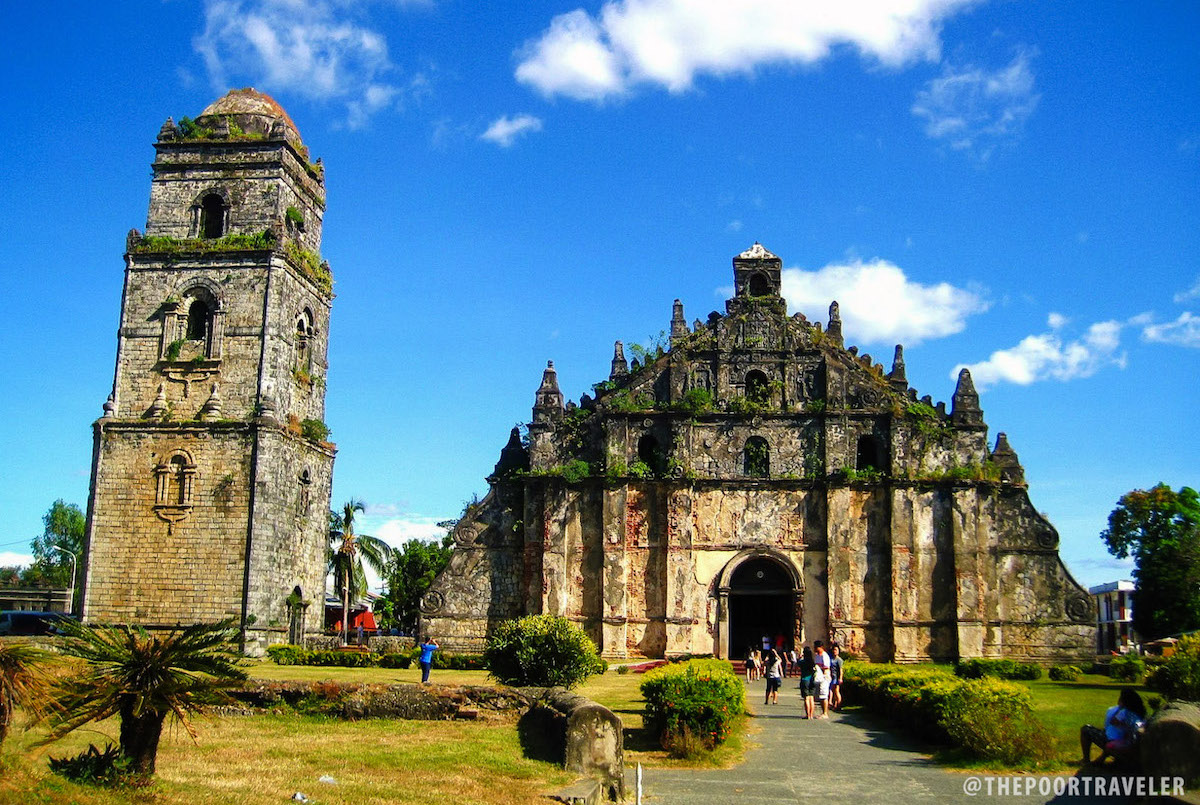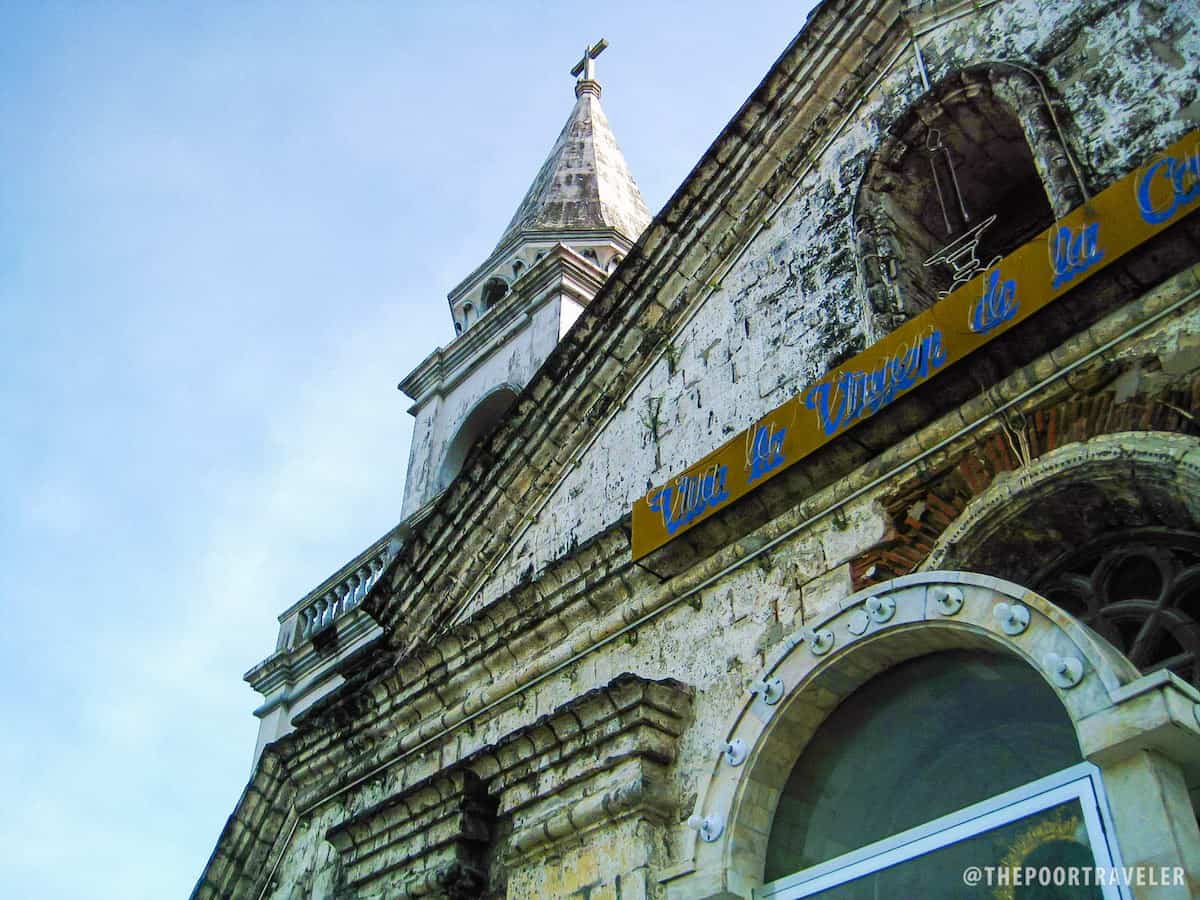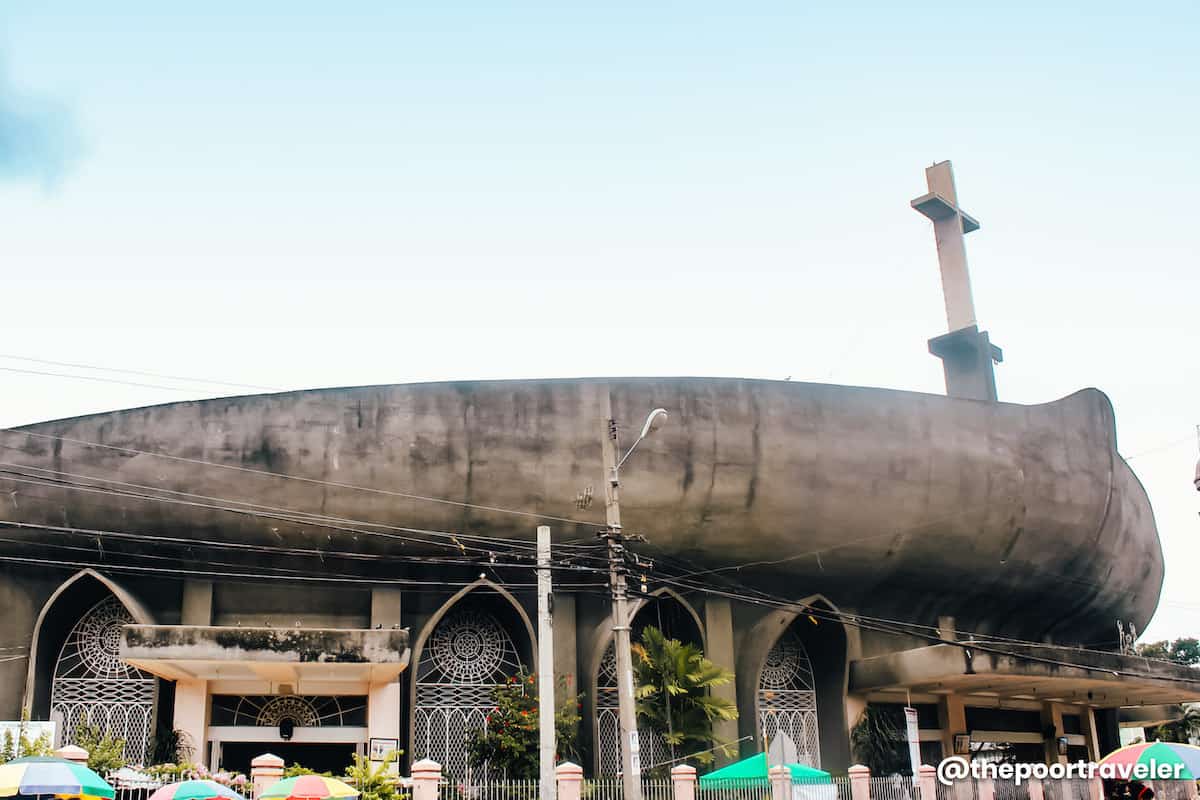These are strange times. The threat of COVID-19 has forced the population to stay at home, canceling all our plans for the summer — including the Holy Week.
As a predominantly Catholic nation, the Philippines regards the Lenten season is an important time. For over 300 years, the Spaniards built a church in almost every town of every province, some more grandiose than others. One of the traditions that they, particularly the Augustinian missioners, brought to the country is the visita iglesia, wherein the faithful pray at one church after another.
But because of the current conditions, visita iglesia is not a good idea. Of course, one can still pray and practice your faith at home. But if you also want to see churches, we can make do with a virtual tour for now.
Thankfully, Google Maps has an awesome feature called Street View, which offers a 360-degree view of places as though you’re there. And yes, they include churches!
To use it, just open Google Maps online, type the church you want to visit, and drag the Pegman in the bottom right corner of the screen to a specific area on the map. If you’re using a mobile phone, simply enter the church name and tap on a place marker.
Here are 10 of the most amazing churches in the Philippines that you can explore using Street View!
San Agustin Church, Manila
Completed in 1602, this is the oldest stone church in the country. Established by Augustinian priests, it was originally named after St. Paul but was later changed. Located within the walls of Intramuros, it has survived looting by invaders, several earthquakes, and wars. In 1992, this Baroque-style historic landmark was inscribed on the UNESCO World Heritage List, along with a few other churches.
Street View: San Agustin Church
Manila Cathedral
Another impressive house of worship within Intramuros is the Minor Basilica and Metropolitan Cathedral of the Immaculate Conception, more commonly known as Manila Cathedral. The history of this neo-Romanesque church can be traced all the way to the 1570s. It has undergone numerous reconstructions over the centuries.
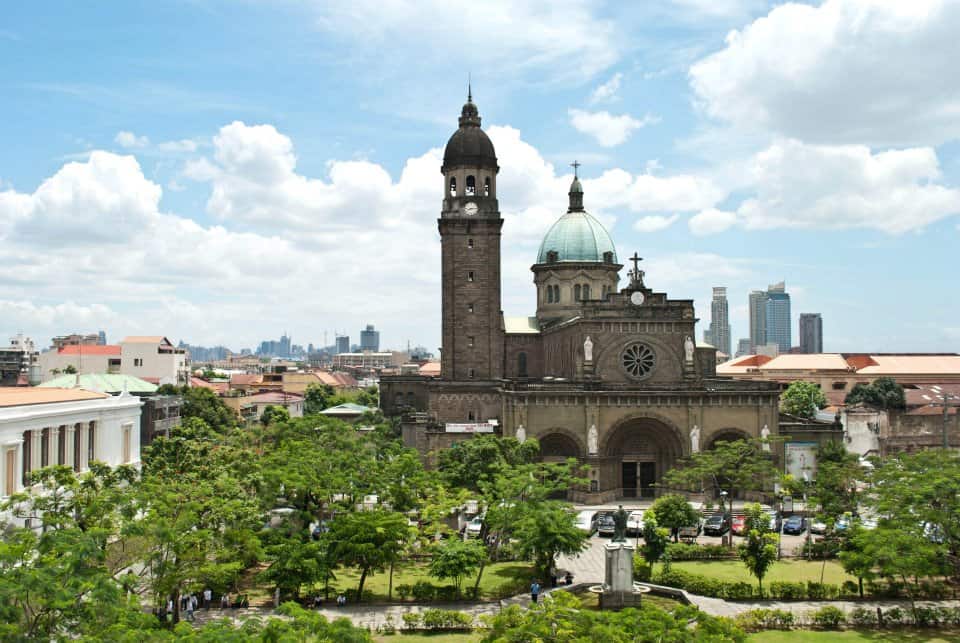
Street View: Manila Cathedral
Taal Basilica, Batangas
The largest Catholic church in Asia, the Minor Basilica of Saint Martin of Tours is 96 meters long, 45 meters wide, and 96 meters tall. This colossal Baroque structure was made of coral stones and adobe.
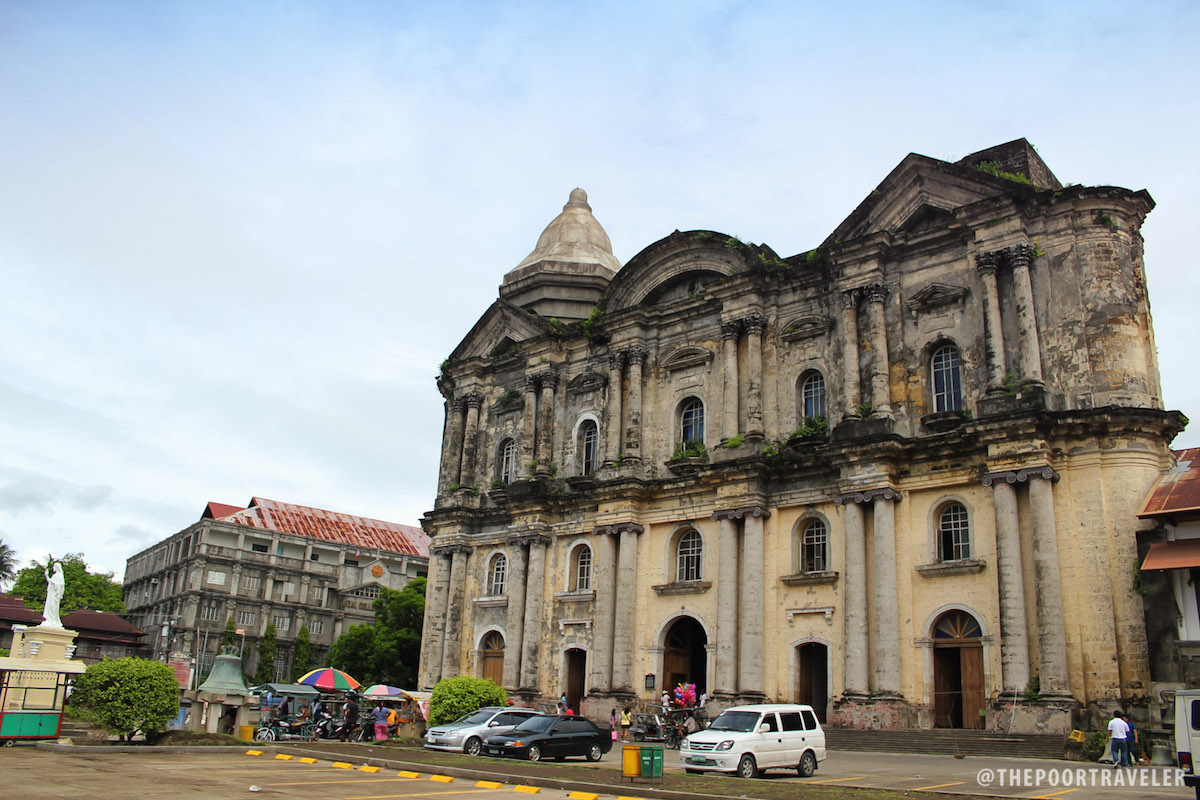
Sitting on top of a hill, Taal Basilica towers over the old heritage town of Taal. It is a very dominant structure and is visible in most parts of the town proper and even in some parts of the neighboring town Lemery.
This is actually the second church. The original edifice, which was devastated by the eruption of Taal volcano, was in present-day San Nicolas.
Street View: Taal Basilica
Paoay Church, Ilocos Norte
Also known as the St. Augustine Church, the Paoay Church was started to be constructed in 1694 by the Augustinian friars but it was only in 1894 when it was finally completed. The architecture of this church is a healthy mixture of Gothic and Baroque designs with some Oriental elements in it. Its facade is somewhat Gothic but the gables are quite Chinese. The niches topping the walls make you think of Indonesia’s Borobudur Temple, revealing some Javanese influence.
One of the best parts of the church is its three-storey bell tower made of coral stone. Standing a couple of meters from the church, this belfry served as one of the observations posts for the Katipuneros in 1896 in the height of the Philippine Revolt against Spain. During the World War II, it was again used as an observation post by the Filipino guerillas.
In 2000, an excavation inside Paoay Church revealed a prehistoric human skeleton and some fragmented ceramics. They are now being exhibited at the National Museum.
Street View: Paoay Church
Tuguegarao Cathedral, Cagayan
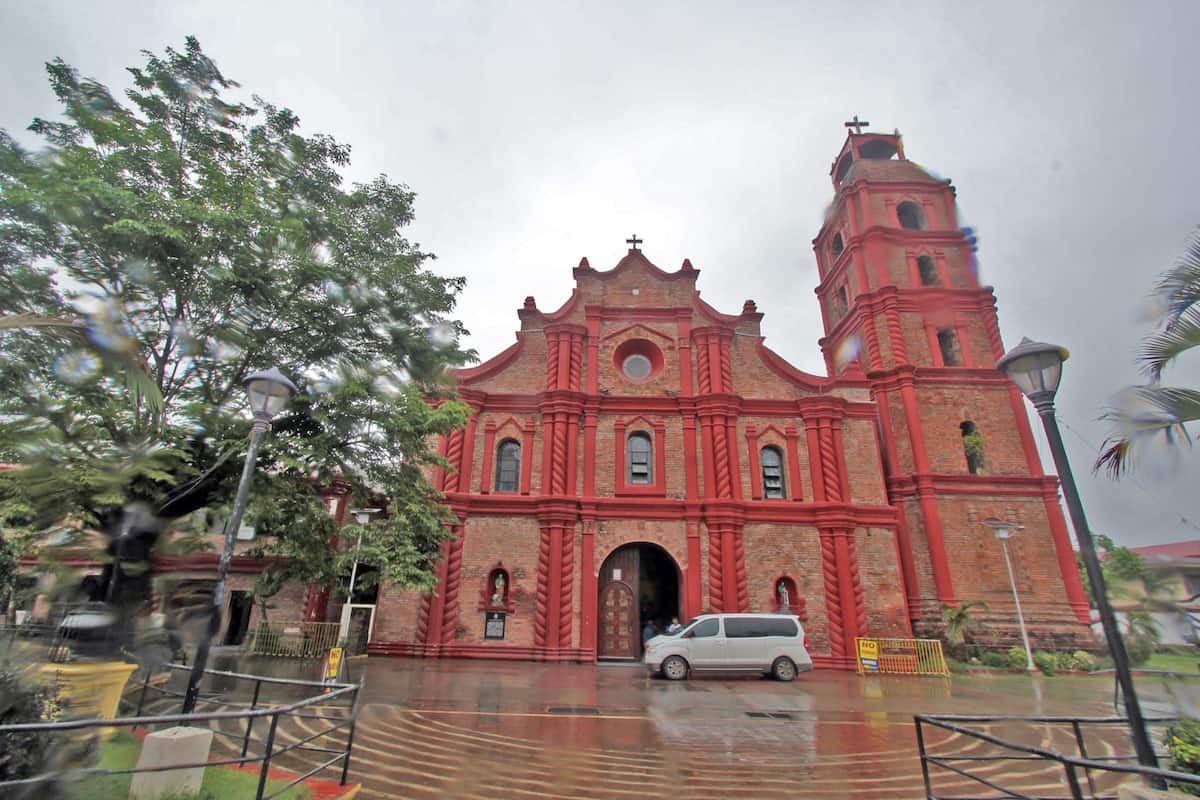
Officially named St. Peter Metropolitan Cathedral, the Tuguegarao Cathedral is the seat of the Archbishop and the center of the Catholic faith in the city. It is an 18th-century church that features Baroque architecture. It is also one of the largest churches in the Cagayan Valley.
Street View: Tuguegarao Cathedral
Daraga Church, Albay
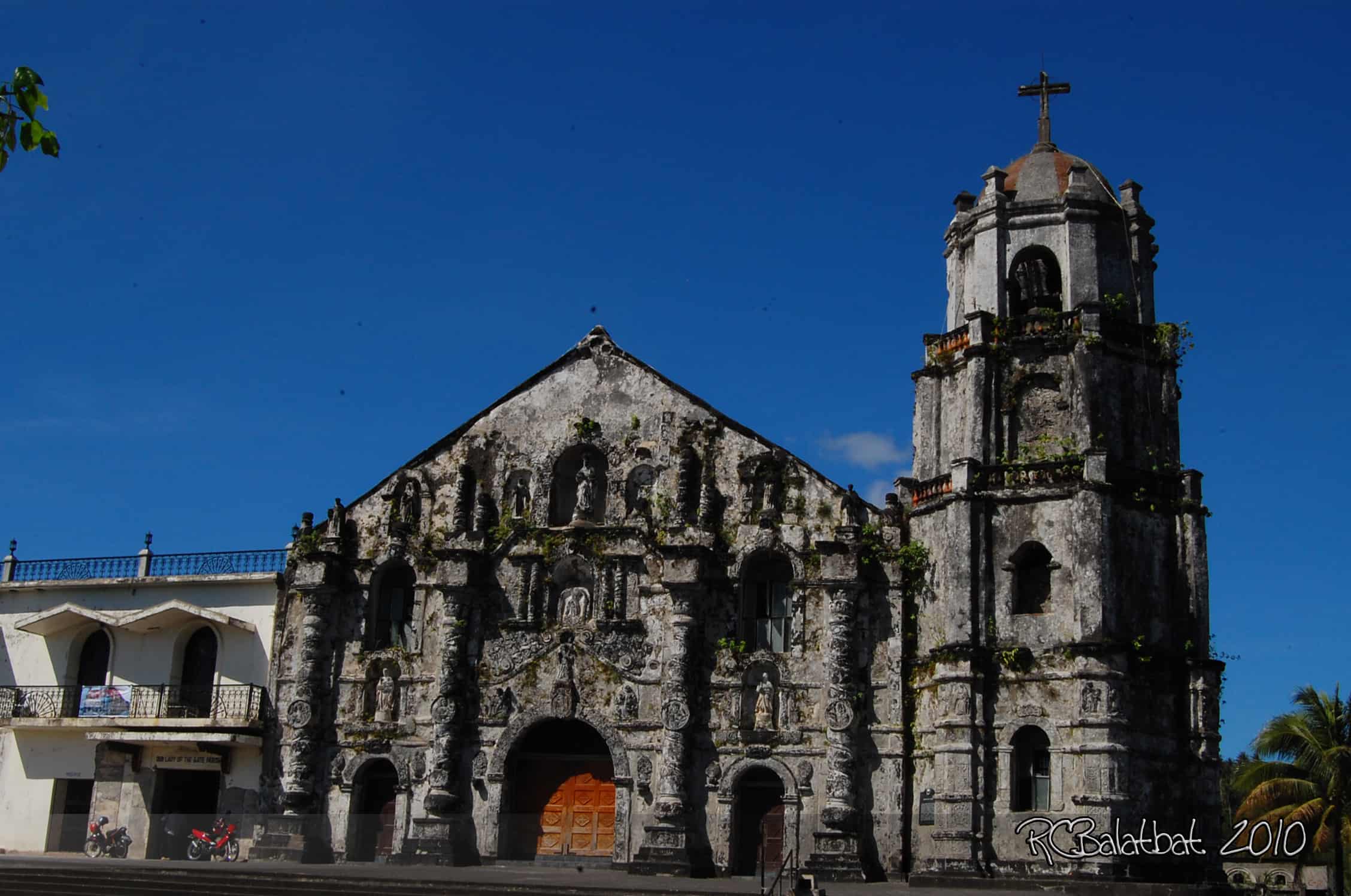
The Daraga Church (officially “the Church of Nuestra Señora de la Porteria”) is an 18th-century baroque structure, overlooking the sea and the majestic Mayon Volcano. Under the supervision of the Franciscans, its construction was completed in 1773 at the time when Daraga was just a part of Cagsawa. But Mayon’s disastrous eruption in 1814 completely devastated Cagsawa, pushing survivors to relocate to Daraga. The National Historical Institute declared this site a National Cultural Treasure in 2007.
Street View: Daraga Church
Santo Niño Church, Cebu
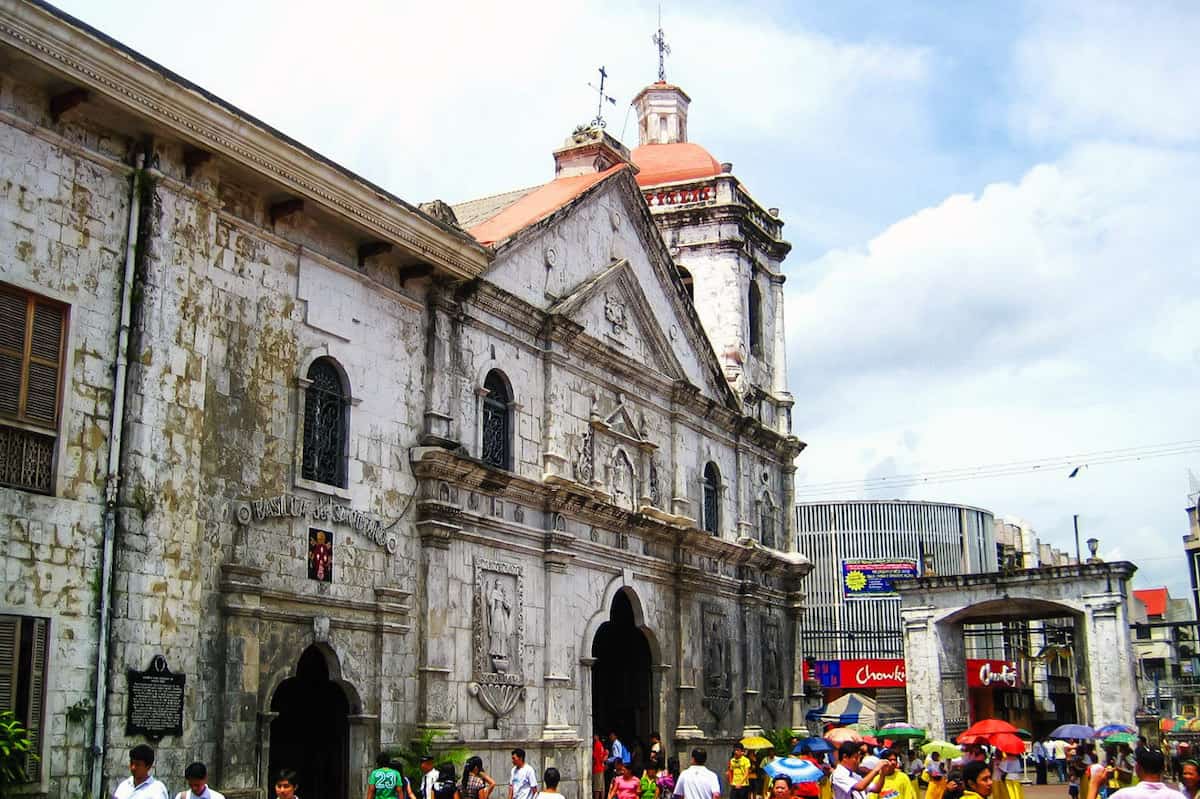
Completed in 1565 under the leadership of Augustinian fathers, the Church and Convent of Santo Nino is the first established church in the country. On November 1, 1565 both the church and the convent were burned down. They were rebuilt only to be destroyed by another fire in March 1628. It was again reconstructed between 1628 and 1629. What you see now is a different church in terms of design. The present design was produced and implemented during the priorship of Rev Juan Albarran (1735-1737).
Street View: Sto. Nino Church
Jaro Cathedral, Iloilo
Jaro Cathedral boasts a baroque style with some Gothic elements which were added over numerous renovations through the years. Renovations, you ask? Like most old churches in the Philippines, this cathedral have suffered from many destructive forces including an earthquake in January 1948 that almost destroyed the site completely. But by order of Jaro’s first archbishop in 1956, His Excellency Jose Ma. Cuenco, the cathedral was restored.
Street View: Jaro Cathedral
Baclayon Church, Bohol
The Baclayon Church, formally known as the Church of Our Lady of the Immaculate Conception in Baclayon, is said to be the oldest church in Bohol and one of the oldest in the country. It was formally founded on November 17, 1596 by Fr. Juan de Torres and Fr. Gabriel Sanchez of the Jesuit order. But it was in 1727 that the building we see today was built by around 200 forced laborers. Its walls and pillars were made of coral stones. Although Jesuit-built, the Augustinian Recollects installed a more modern facade in the 19th century.
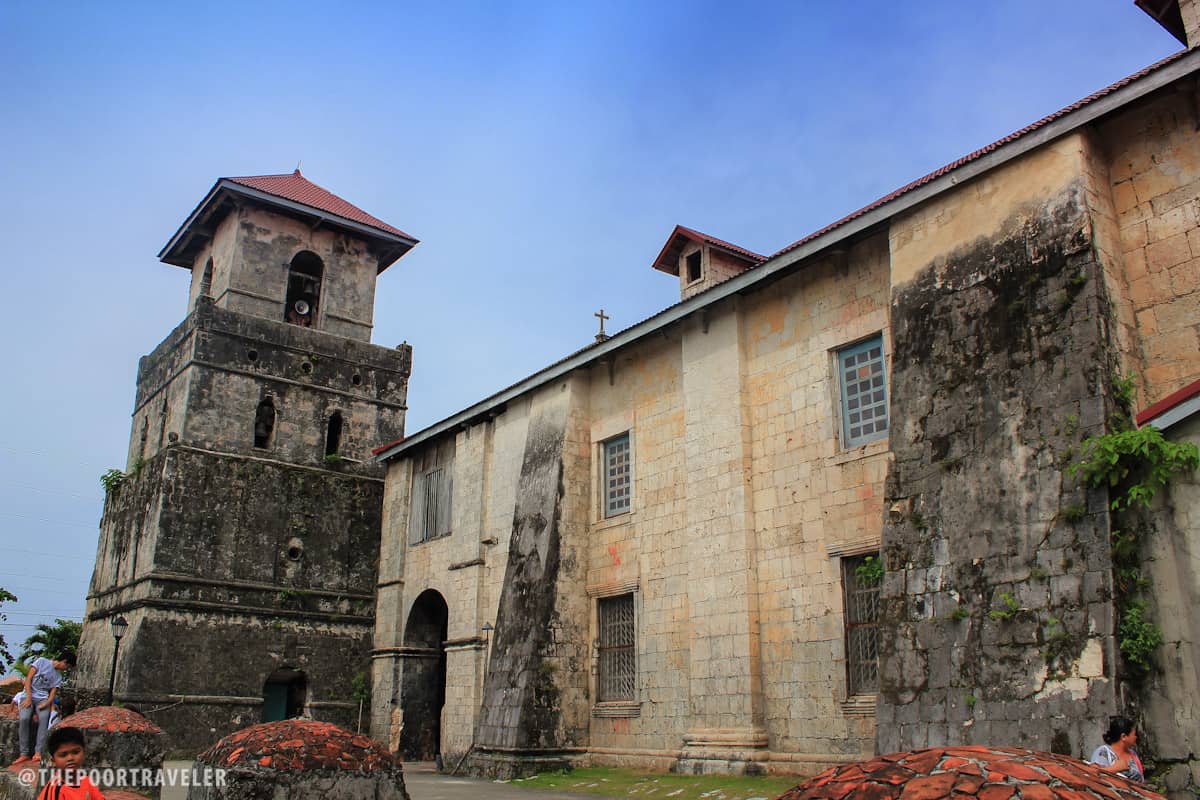
Aside from the church’s history, one interesting thing about this church is the mysterious image of the face of a man on one of its pillars. Some say this is an image if Padre Pio of Pietrelcina.
Street View: Baclayon Church
San Pedro Cathedral, Davao
San Pedro Cathedral is remarkable for two things. It is the oldest church in the city, established by the Spaniards in 1847. It also features curved roofs that look like a sail with a cross, unusual for Catholic churches. The original structure was said to be made from bamboo and nipa but was rebuilt using concrete in 1964.
Street View: Davao Cathedral
2020 • 4 • 5



